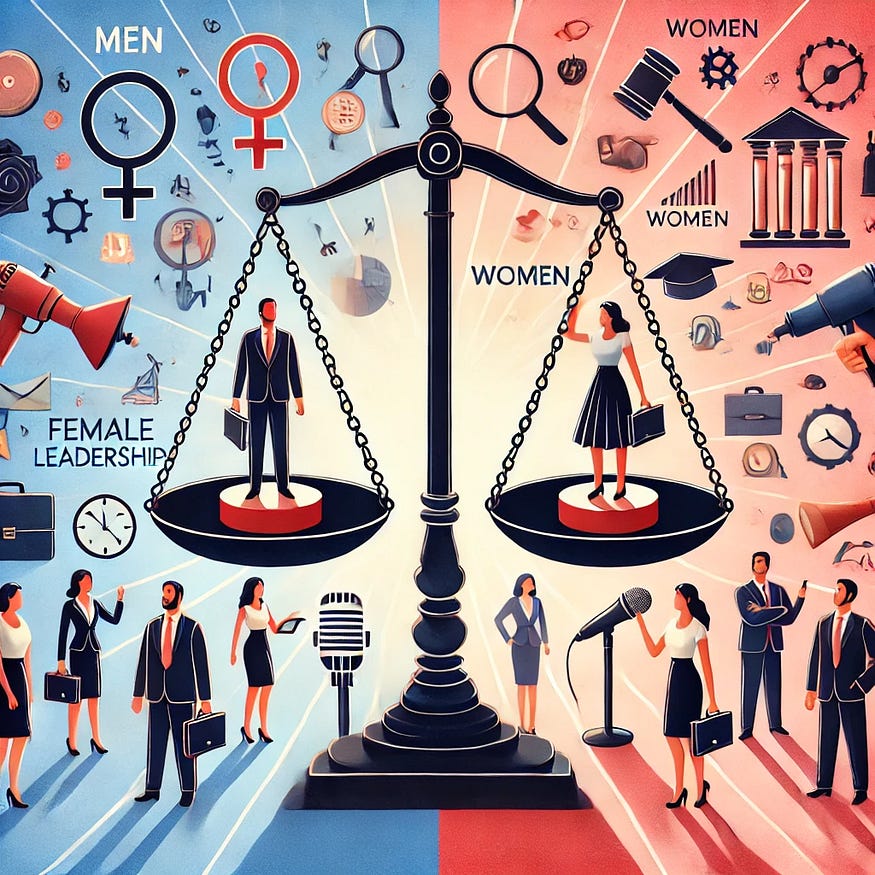Normalizing A Double Standard
Trump’s Remarks and the Double Standard on Female Leadership

In a troubling instance, former President Donald Trump declared at a rally that America would never accept a female president, especially one he labeled as “socialist.” This kind of rhetoric highlights a persistent double standard and underlying misogyny that some of Trump’s supporters seem to accept or overlook.
The Tolerance of Misogyny
1. Historical Prejudice:
Gender Bias: America has a long history of gender bias, particularly in leadership roles. Some supporters may resonate with Trump’s statement due to ingrained societal prejudices.
Cultural Norms: Traditional views on gender roles can influence individuals to accept or even support the idea that women are less suited for leadership positions.
2. Political Alignment:
Echo Chamber Effect: Supporters often exist in ideological echo chambers where dissenting opinions are rarely encountered or are dismissed. This reinforcement of beliefs makes them more susceptible to accepting such statements without question.
Fear of Change: Trump’s base often fears progressive changes that challenge the status quo. Labeling Harris as a “socialist” and emphasizing her gender taps into these fears, portraying her as a threat to their way of life.
The Impact of Such Rhetoric
1. Normalizing Misogyny:
Acceptance: When a leader openly dismisses the possibility of female leadership, it can normalize sexist attitudes among followers, making it more acceptable to hold and express such views.
Discouraging Women: Such rhetoric discourages women from pursuing leadership roles, reinforcing gender disparities in politics and other fields.
2. Division and Polarization:
Further Polarization: Statements like these deepen political divides, pitting segments of the population against each other based on gender and political ideology.
Undermining Democracy: By discrediting candidates based on gender, it undermines the democratic principle that all individuals, regardless of gender, should have the opportunity to lead if elected.
Conclusion
Trump’s remarks at the rally reflect deep-seated biases and a strategy to galvanize his base through fear and division. It is crucial for Americans to recognize and challenge these prejudices, advocating for equality and inclusivity in leadership roles. Kamala Harris’s candidacy represents not just a political choice but a broader movement towards overcoming these historical injustices and moving towards a more equitable society.

